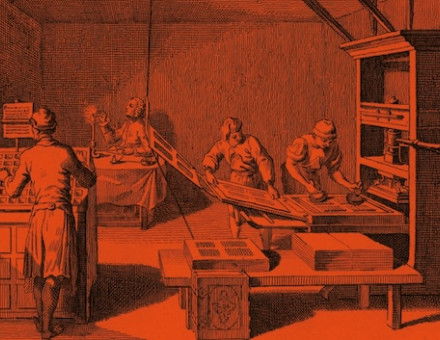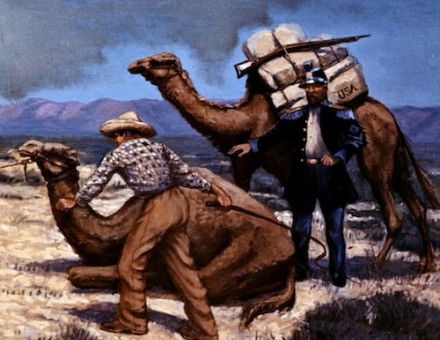Napoleon III and Napoleon IV
Joanna Richardson describes how the last Emperor of the French died at Chislehurst, Kent; his son was killed in the British Zulu war.
At a quarter to eleven on Thursday morning, January 9th, 1873, Napoleon III died at Camden Place, near Chislehurst. It was the end of his final exile in England, the end of the astonishing career that had led him, the younger son of a younger brother of Napoleon, to claim his uncle’s throne, and to restore the Bonaparte dynasty. He had been guided by his superstitious belief in his star, and by unremitting determination; and for eighteen years, from 1852 to 1870, he had given France a Second Empire.
It had been an era brilliant in literature, the theatre, music and art. It had been an era distinguished for town-planning: the Emperor, with the aid of Baron Haussmann, had created modern Paris. It had been an era of dazzling social life, of resplendent entertainment, the age of Offenbach’s operettas, of la Paiva and Cora Pearl, of the Cafe Anglais and the Maison d’Or, of fancy-dress balls and imperial house-parties, or séries, at Compiegne.





